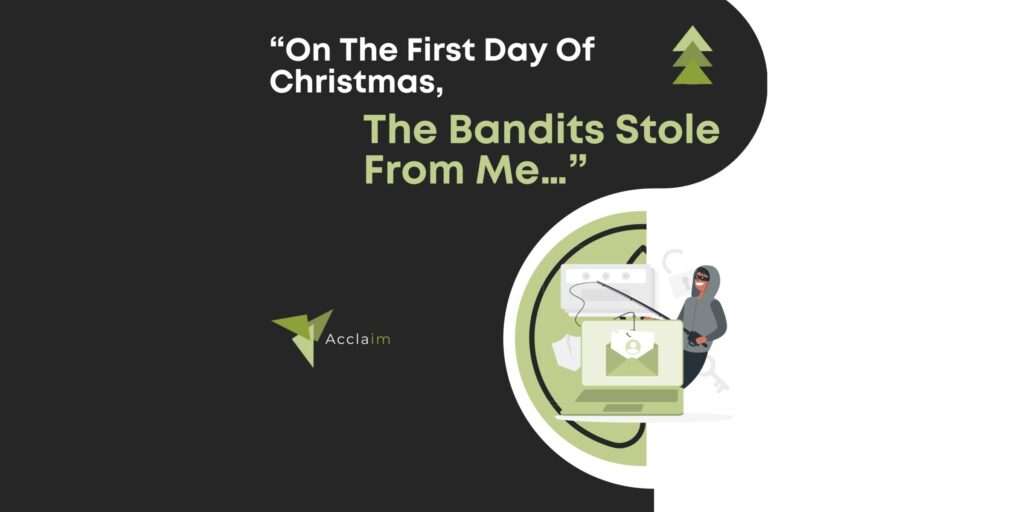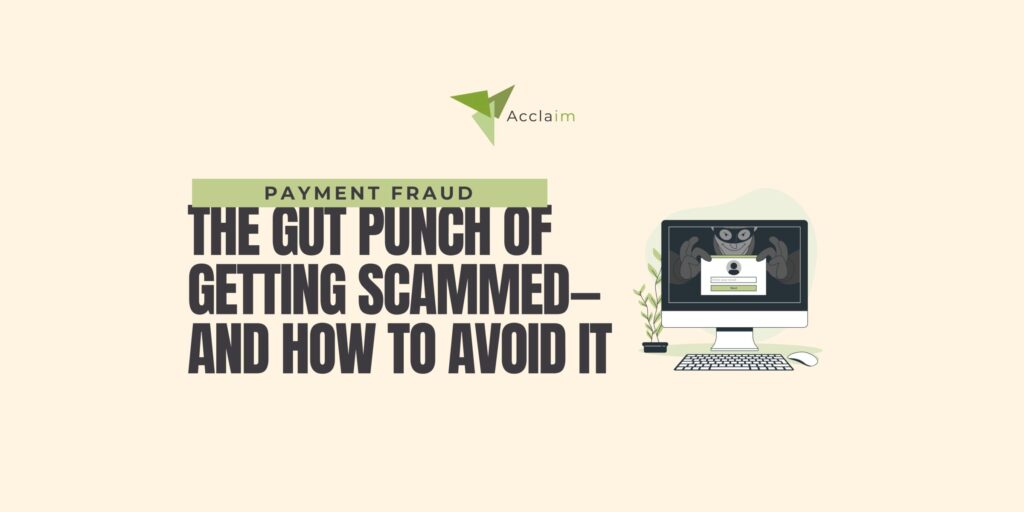
Company News
How Criminals Exploit Holidays to Commit Financial Fraud
A Criminal’s Carol
The festive season brings joy, family time, and indulgence. For many, though, January follows with a financial hangover.
For fraudsters, it’s peak season. Online shopping surges. Emotional spending rises. Attention drops. The perfect conditions for scams and money laundering.
Take Home Alone. Kevin’s family flies to Paris, leaving their house exposed. Opportunists move in while no one’s watching.
Businesses don’t have booby traps. They rely on compliance teams working quietly to keep criminals out.
The Blockbusters of Holiday Fraud
Social Engineering & Distraction Scams
Scammers thrive on holiday chaos.
Failed delivery texts surge with parcel volumes. Family emergency scams feel more convincing during peak travel. Distraction lowers defences. Victims become easier targets.
Fake Charities & Romance Scams
Fraudsters exploit holiday emotions.
Fake donation campaigns flood social media. Romance scams build from October and turn into financial requests by December.
eCommerce & Voucher Fraud
The urgency of holiday shopping is easily exploited.
Fake e-commerce sites offer “last chance” deals. Gift cards and e-vouchers help clean dirty money. Fast, scalable, and hard to trace.
Corporate Invoice Redirection
Year-end corporate chaos creates openings.
Out-of-office replies invite invoice spoofing. “Urgent payment before Christmas” works far too often.
What Christmas Movies Teach Us About Crime
Holiday films offer more than entertainment:
-
Home Alone: Unmonitored systems invite attacks.
-
Holiday Heist: High-value targets attract strategy.
-
The Grinch: Build trust. Then steal.
How Bandits Exploit the Holiday Season
December hands criminals the advantage:
-
Smurfing: Split sums to dodge alerts.
-
Pop-Up Fronts: Temporary stalls launder cash.
-
Money Mules: Fake holiday jobs move stolen funds.
They count on speed, distraction, and weak oversight.
Jingle Bells or Warning Bells?
| Suspicious Sign | What It Could Mean |
|---|---|
| Dormant account activity | Mule or layering |
| Unusual international payments | Romance or investment scams |
| Gift card spending | Money laundering |
| ID delays | CDD/ECDD evasion |
| New vendor + urgent payment | Invoice redirection |
Compliance Tips for the Festive Season
Compliance Officers:
-
Enable holiday-specific monitoring.
-
Stagger leave to ensure senior coverage.
-
Add keyword alerts like “voucher” or “urgent Christmas.”
Admin Teams:
-
Run scam-awareness refreshers.
-
Keep escalation protocols live.
-
Monitor behaviour, not just data.
Client-Facing Teams:
-
Warn clients early.
-
Verify all last-minute payment changes.
What the Numbers Show
The data is clear:
-
Fraud spikes 20–40% between December and January.
-
Impersonation scams surge across delivery, tax, and charity sectors.
-
Money mule recruitment rises, preying on students and vulnerable individuals.
Criminals exploit the slowdown. The chaos works in their favour.
That’s a Wrap!
Bandits don’t take holidays. They take advantage of yours.
Like Kevin, compliance teams must prepare early. Smarter systems, sharper training, and proactive client education are key. The only thing being laundered this year should be your Christmas jumper.
And yes—it’s June. But scammers are already planning.
Compliance isn’t just for Christmas. It’s for life.
Share This Article





